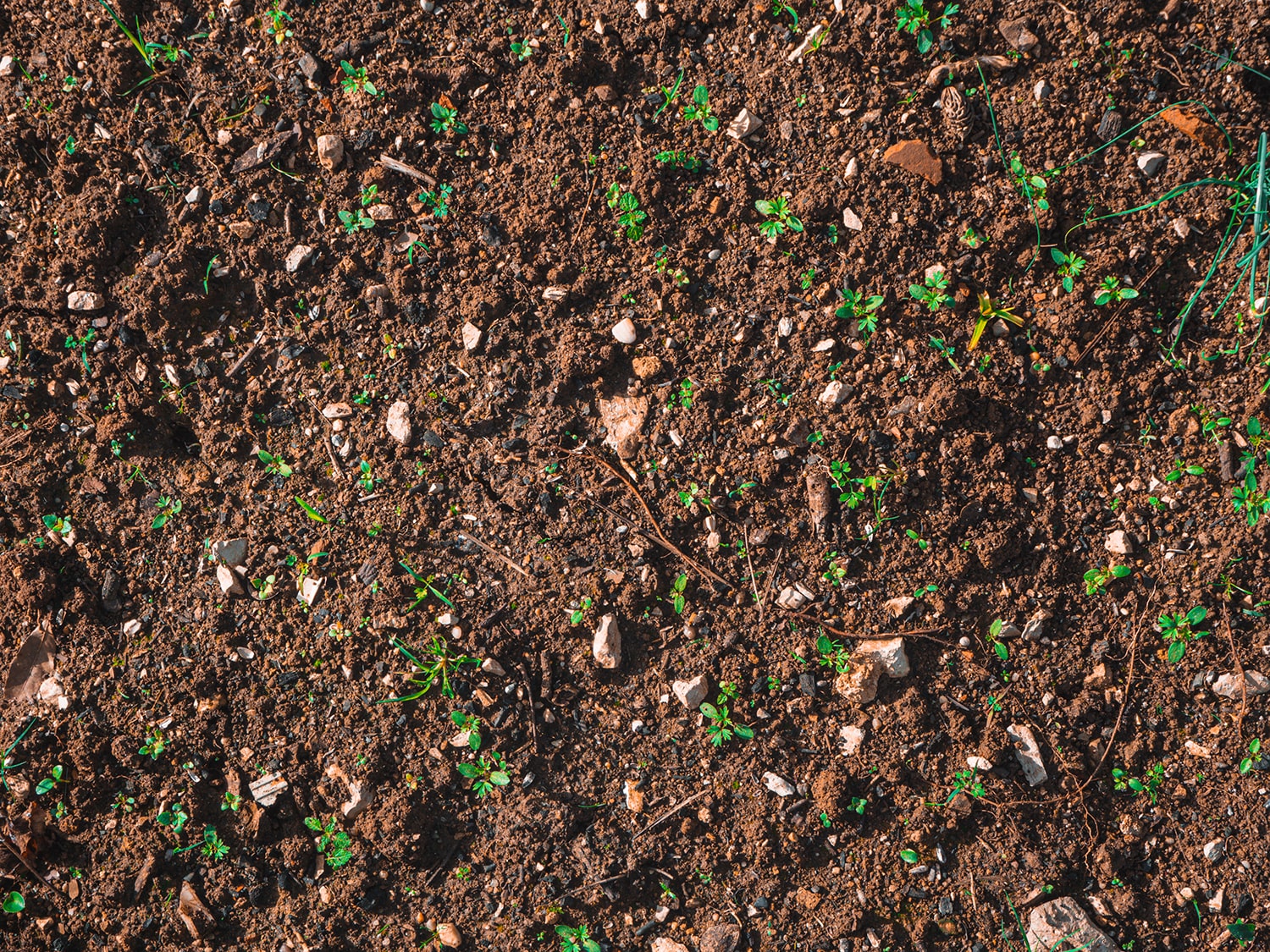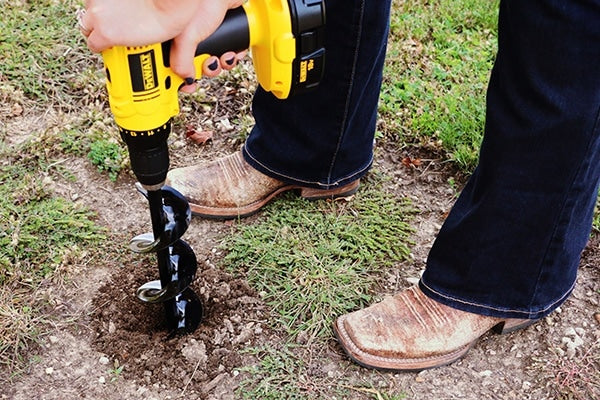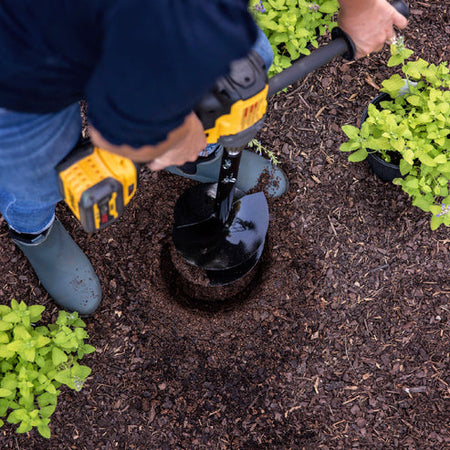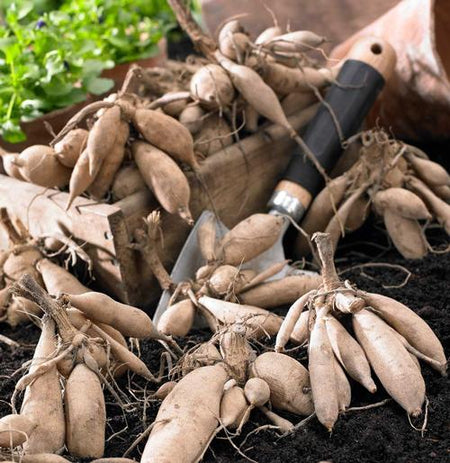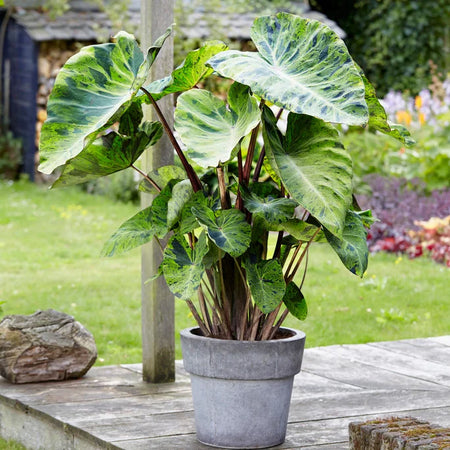Sustainable gardening is growing in popularity — and for good reason. When done well, it can result in healthier gardens and bigger harvests. Because sustainability is all about making green choices such as reusing waste or conserving water, it helps lessen your impact on the environment, too. If you’d like to learn more, here are some sustainable gardening tips and ideas to make your garden more sustainable.
Avoid Polluting Chemicals and Go Organic
One of the most important sustainable practices is to nix polluting chemicals in your garden. These fall into three broad categories: fertilizers, insecticides, and herbicides. Each can do a lot of environmental damage — including running off into waterways where they can harm delicate ecosystems.
Fortunately, they’re also relatively easy to avoid. Chemical fertilizers can be replaced with compost or manure, while herbicides can be replaced with other weed-proofing options such as mulch.
As for insecticides, there are several strategies to try. It’s best to take an integrated pest management (IMP) approach, which essentially means you should start with the least toxic option possible and work your way up from there. In other words, start by introducing plants that repel bad insects — such as marigolds, for example. Then, work your way through natural pest control methods such as diatomaceous earth or fostering beneficial insects that will prey on the bad ones. Only step up to chemical insecticides as a last resort.
Reduce Waste and Preserve Natural Resources
Plants need three things: food, water, and sunlight. In two of these areas — food and water — there are several easy techniques you can adopt to reduce waste. On the plant food side of things, composting is the perfect way to eliminate waste. Build a compost pile or invest in a composting barrel — the choice is yours. Either way, you can fill it with everything from kitchen scraps to grass clippings to dead foliage that accumulates in your gardens at the end of each season. As these organic materials break down, you can use them in the garden to feed plants.
Where water wastage is concerned, there are several factors to consider:
- Evaporation: Water evaporates quickly when soil is uncovered. Prevent this loss wherever possible with mulches or groundcovers.
- Leaks: Leaky plumbing, dripping faucets, seeping sprinklers, and cracked hoses prevent water from getting to your garden. Keep an eye out for leaks to minimize waste.
- Rain: Rain is a wonderful way to keep gardens watered — but unfortunately, you can’t control when it happens. What you can control is the rain that falls where it isn’t needed, such as on your rooftops or driveway. Consider a rainwater harvesting system to make use of this water source.
Sustainable Greenery to Plant
There are lots of sustainable practices to follow when planting, too. Here are some thoughts to help you round out your sustainable garden ideas:- Choose perennials over annuals wherever possible. This eliminates the need to buy and replant each year, plus most perennials can be divided when they grow large enough so that you have starts to plant elsewhere or to share with neighbors. Perennial fruits and vegetables are gifts that keep giving back, providing food year after year without the need to replant.
- Choose annuals that make it easy to save seeds. Where annual flowers are concerned, many — such as petunias or geraniums — make it difficult if not impossible to gather seed for future use. Other annuals, including sunflowers, make it super easy. Where vegetables are concerned, harvest seeds wherever possible.
- Choose native plants. Plants native to your region have exactly what it takes to thrive in your environment, which means they’ll need less maintenance overall.
Choose the Right Products and Tools
With electric lawn and garden tools rising to prominence, it’s time to dump the gas can for good. Gas mowers and string trimmers cause an unnecessary amount of pollution. Battery-powered options are more sustainable — and typically easier to use and maintain, too.
Be on the lookout for tools that are reusable or biodegradable. Plant tags, for example, are an invaluable way to keep track of which seeds have been planted where. However, instead of plastic tags that turn brittle and break after a year, consider using wooden ones that are biodegradable.
These are just some ideas to get you started on the path to sustainable gardening! If you’re looking for a tool that can help you create a more sustainable landscape, consider Power Planter’s gardening augers. Use them to plant, mix compost, and more.


